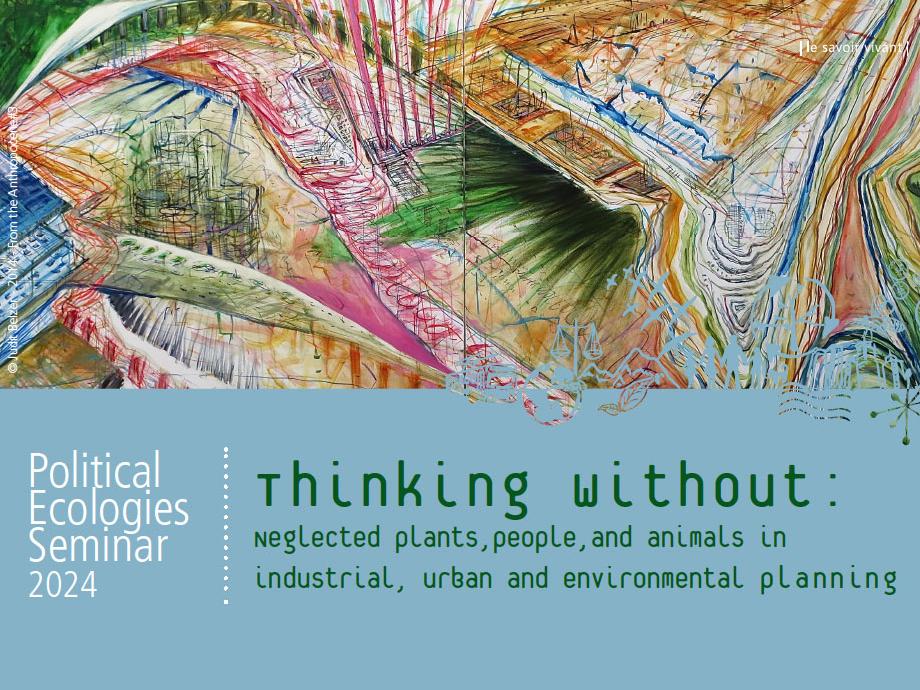English Français
Making the «Sea of Islands» a forest: Logics of afforestation and monoculture in the Aral Sea region of Uzbekistan
Political Ecologies Seminar Series Spring 2024 - Thinking without: Neglected plants, people and animals in industrial, urban and environmental planning

Tuesday 16 April 2024 - 15h00 to 16h00
Géopolis 3799 and Zoom
On May 18, 2021, the UN General Assembly unanimously approved a resolution declaring the Aral Sea region a “Zone of Ecological Innovations and Technologies”. Once the fourth largest lake in the world, the Aral Sea is now 10% of its former volume. The UN resolution is an effort by the Uzbek state to court international investment by reframing the Aral “catastrophe” as an opportunity for innovation. As the UN resolution moves the Aral Sea once again into the global spotlight and the UN Decade on Landscape Restoration begins, the Uzbek state regularly announces the latest statistics on their “innovative” large-scale plantation-style afforestation of the Aral Seabed with the native salt-tolerant plant saxaul. Their stated goal: to mitigate the catastrophe by stabilizing the soils of the seabed and restoring the landscape. In this paper, I present results of remote sensing analysis of actual growth of afforested saxaul on the seabed. Thinking with and against different technologies of seeing (e.g. human eye, satellite sensor), I compare these results to reported afforestation activities, embedded observations from three months participating in a crowdfunded afforestation initiative, and insights from key stakeholders. My analysis shows how trees and monitoring data become politicized because attempts at large-scale monoculture afforestation remain partial and incomplete. I argue that co-creating the future of the Aral Sea region requires a “polyculture” approach that incorporates multiple scales, species and types of cultivation.
Kate Shields is a human-environment geographer and an Assistant Professor in the Environmental Studies and Sciences Program at Rhodes College in Memphis, Tennessee. Her current work uses feminist mixed-methods to rethink development and environmental transformation in the Aral Sea region of Uzbekistan.
Virtual session (via zoom) provided upon registration: https://forms.gle/mERQCfYd2uyTcbNGA
Institut de géographie et durabilité